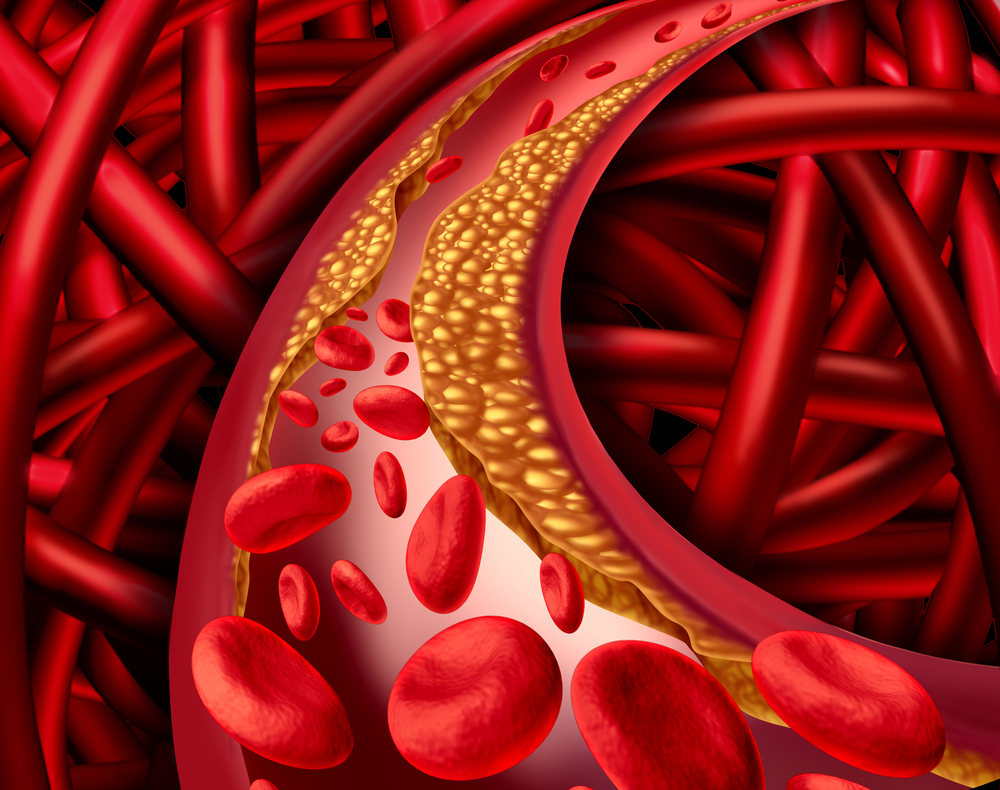Huntington’s Disease Therapies May Target Cholesterol Metabolism in Future
Written by |

Huntington’s disease (HD) patients are known to have a dysregulation of cholesterol metabolism. Now, researchers have shown that manipulation of cholesterol levels in striatal neurons can improve motor deficits in an animal model of Huntington’s. The study, “CYP46A1, the rate-limiting enzyme for cholesterol degradation, is neuroprotective in Huntington’s disease,” was published in the journal Brain.
Huntington’s disease is a genetic disease causing neuropsychiatric, motor, and cognitive deficits due to striatal neuronal loss. Several factors such as cellular cholesterol accumulation may contribute to neuronal dysfunction and death. The research team started by analyzing post-mortem samples of six patients diagnosed with Huntington’s, obtained from INSERM U289 Brain Bank at the Pitié-Salpêtrière hospital in Paris.
Researchers found that the neuron-specific enzyme that converts cholesterol to another compound, known as CYP46A1, was specifically decreased in the putamen, the brain region affected in Huntington’s. The same observation was made in a genetically engineered mouse model that expresses part of the human mutant Huntington’s disease gene containing the typical CAG repeats, which recapitulates the motor impairment of the human disease.
The researchers used a viral vector to knock down the CYP46A1 gene in the brain of healthy mice and found that the animals developed spontaneous motor deficits and a striatal neuron degeneration, as in Huntington’s.
In contrast, by increasing the levels of CYP46A1 in the brains of the transgenic mice, they restored cholesterol metabolism, namely of lanosterol and desmosterol, two important cholesterol metabolites. These mice also showed partial improvement of motor deficits.
“Our findings reveal a previously unknown and unexpected role for CYP46A1 in Huntington’s disease pathogenesis. CYP46A1 prevented cholesterol accumulation in R6/2 mice and displayed neuroprotective effect via regulation of sterols, more specifically lanosterol and desmosterol,” the authors wrote in their study.
There are no current treatments for Huntington’s disease and available medications can only help reduce the symptoms of the disease. This study shows that manipulating a specific enzyme involved in the cholesterol metabolism may have a therapeutic effect in Huntington’s.
“We have revealed new cholesterol-targeting therapeutic strategies in Huntington’s disease, and presumably in other neurodegenerative diseases where dysregulation of cholesterol homeostasis has been clearly identified,” the authors said.


